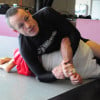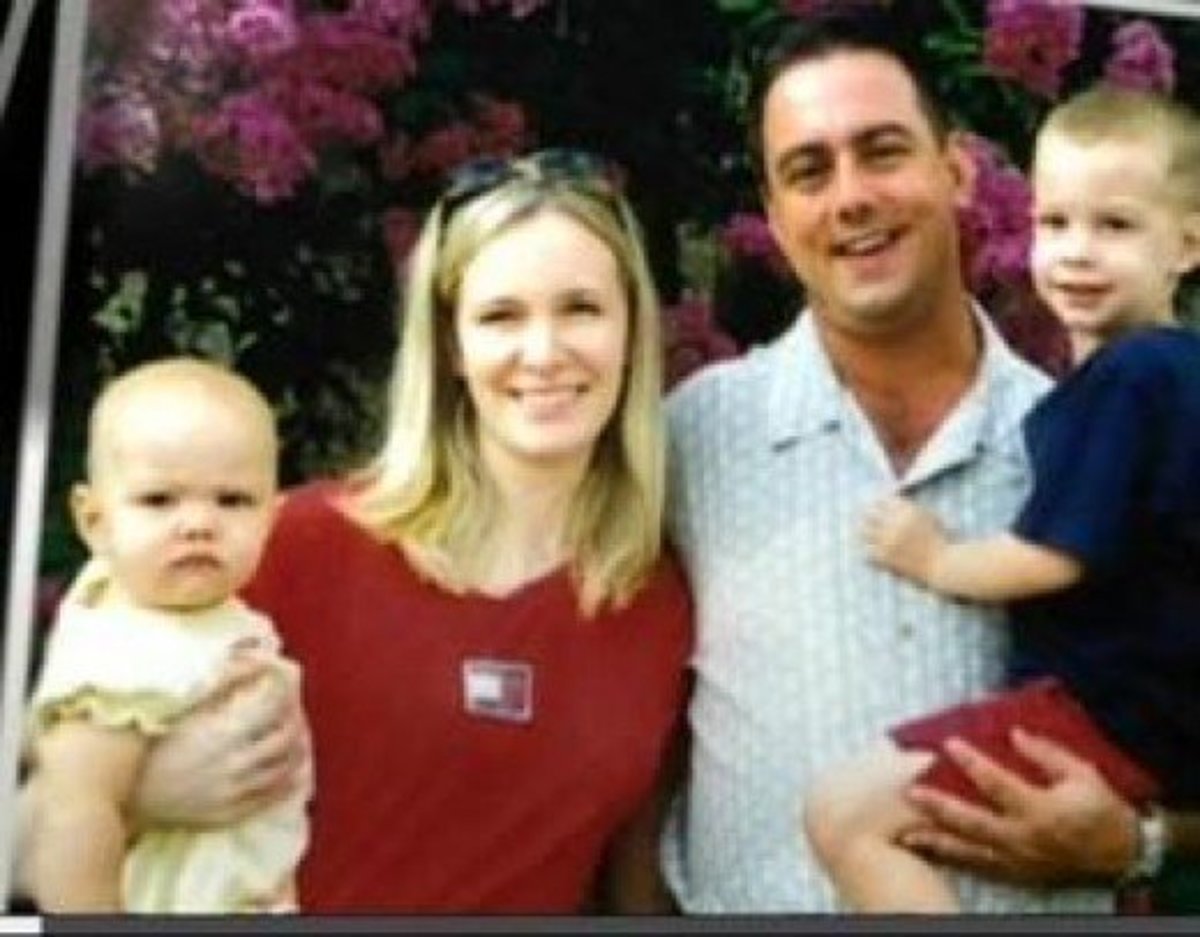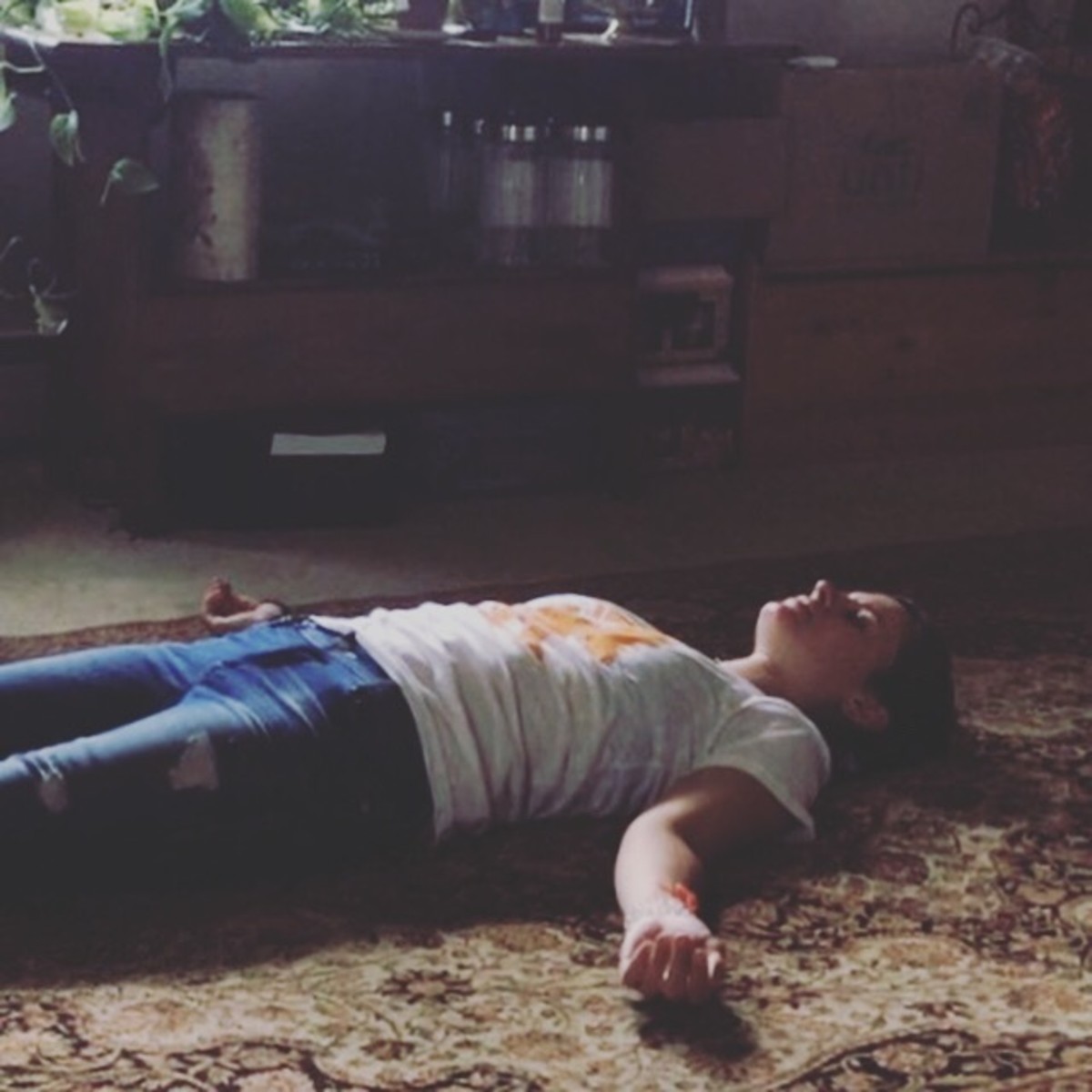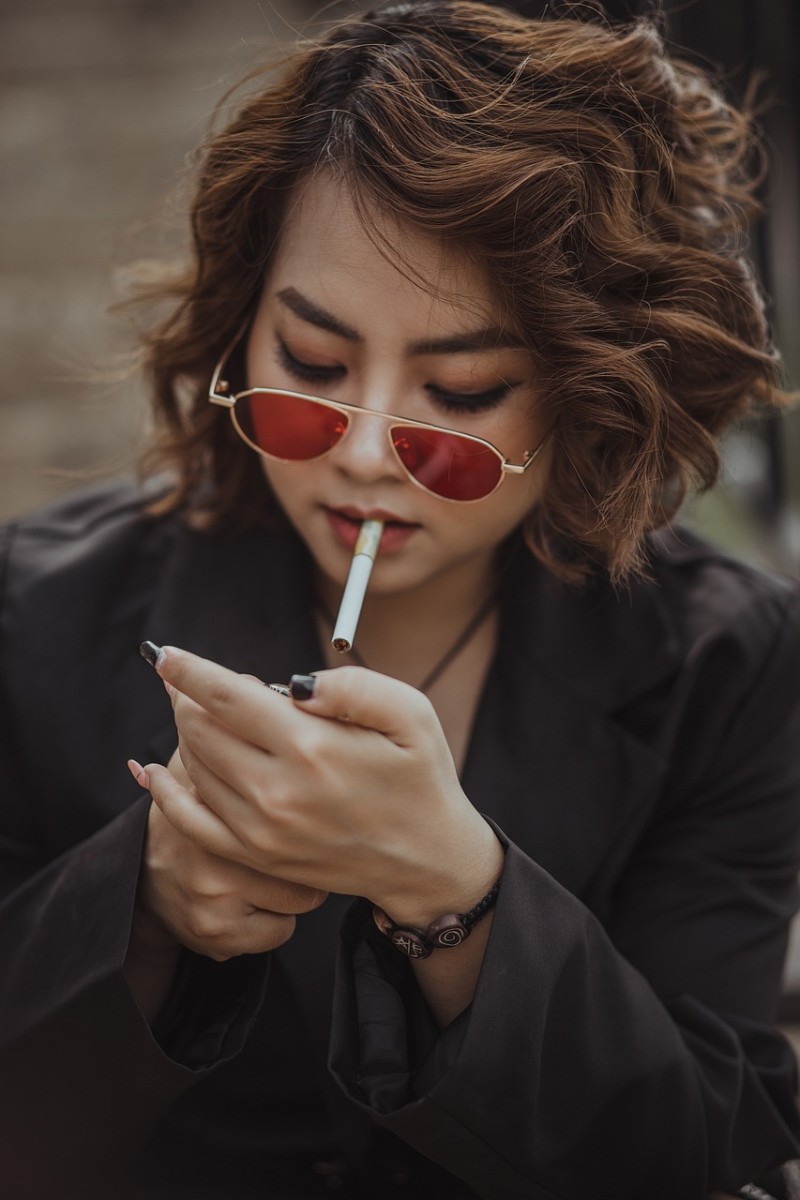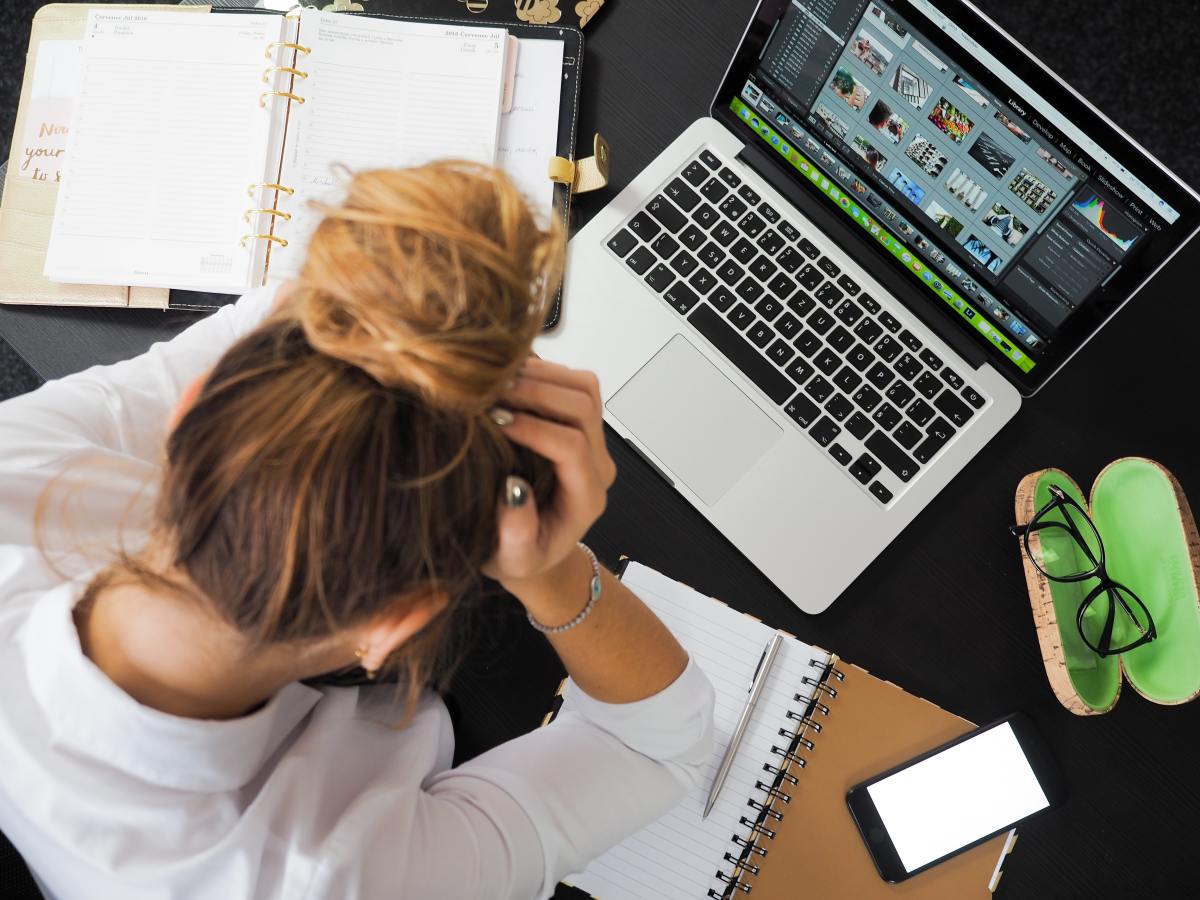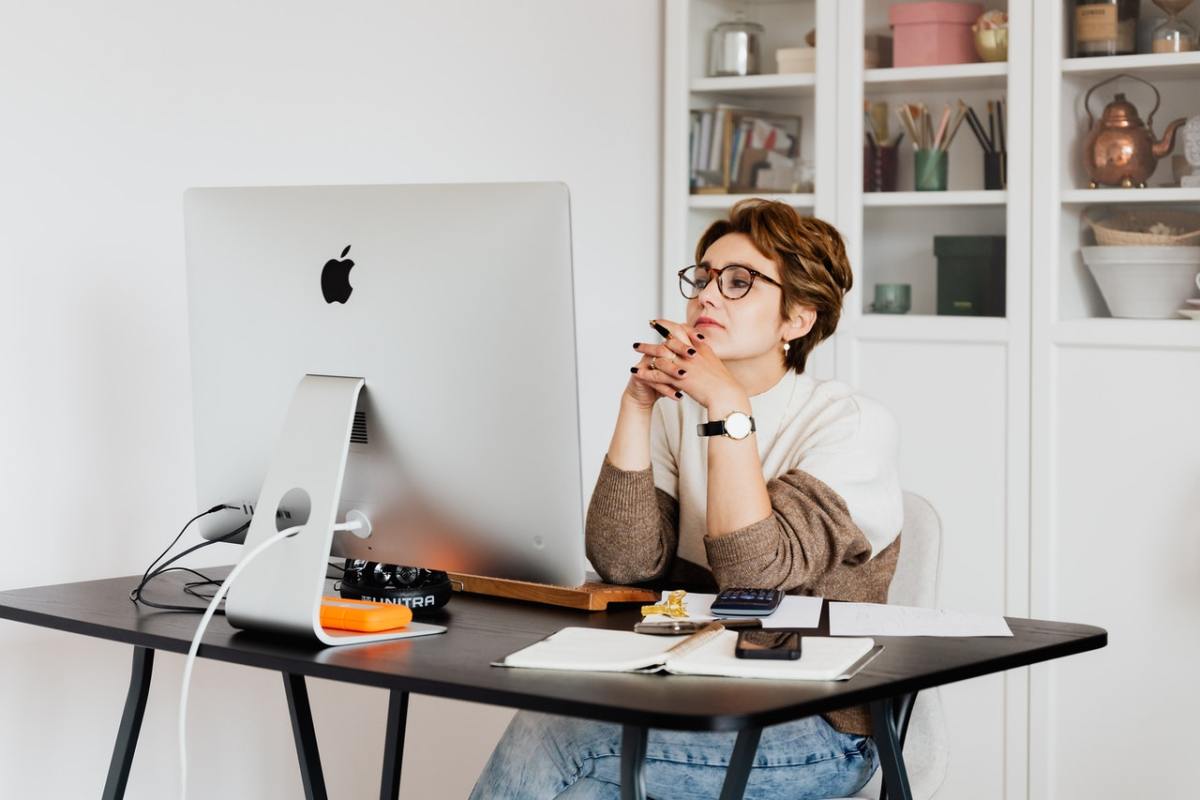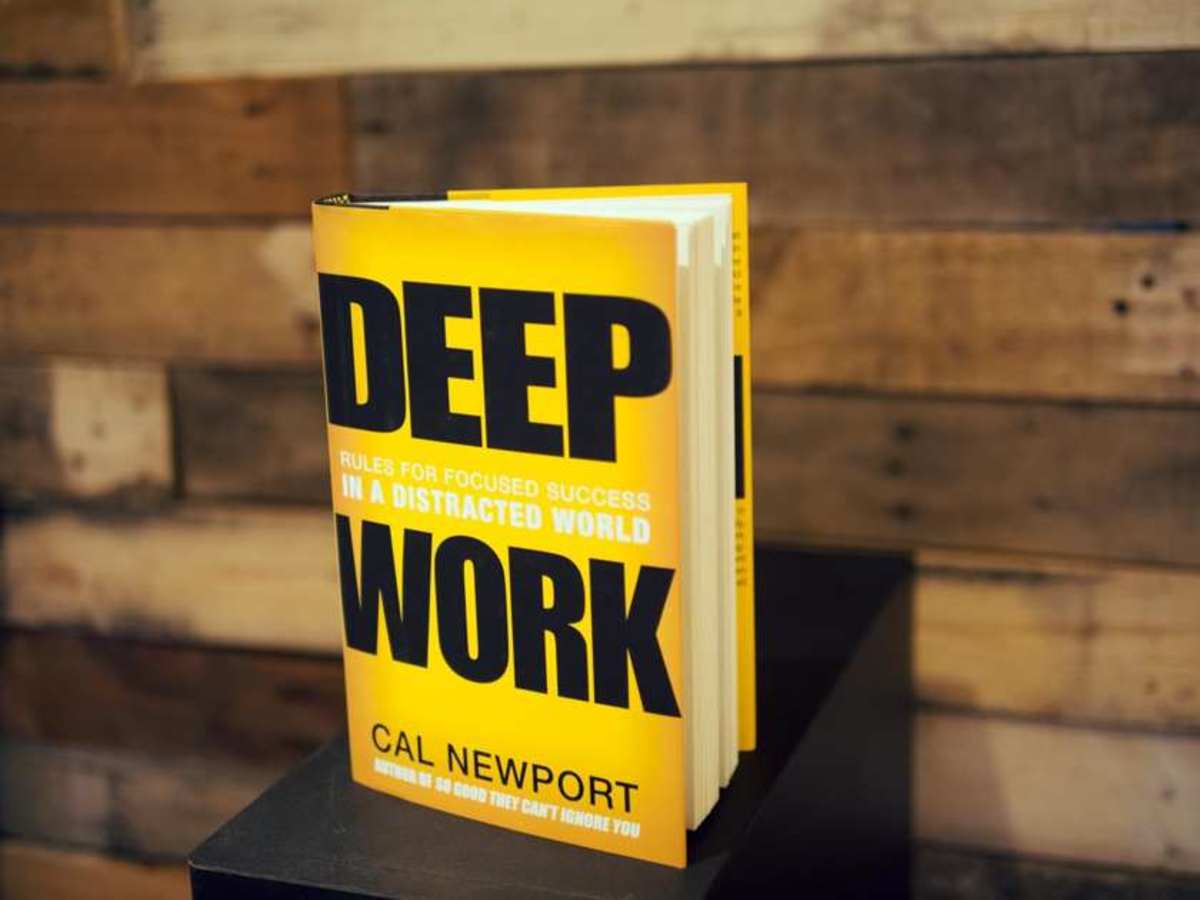How I Quit Drinking, Changed My Habits, and Became More Productive
A considerably younger me, drinking, as per usual
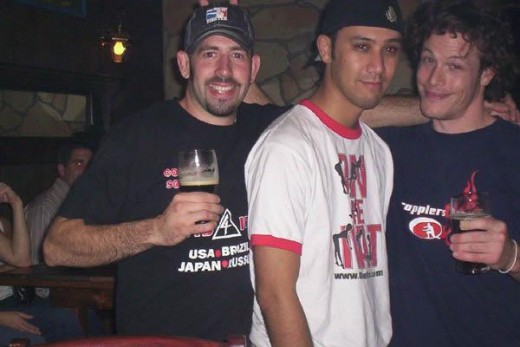
Stopping was easy, but sticking was the trick
So quitting at first was pretty easy, because I was driven by the character issue. I was horrified that drinking would cause me to behave in a certain manner that I didn't see as consistent with my normal daily behavior, and so I was extremely motivated to begin my new sober journey. However, it turns out that drinking makes just about everything a tiny bit more fun, or, more precisely, less boring. Something had to be done about this.
Over time, I experimented with a lot of different things to do with my spare time, and a new routine to settle into at night. I knew this was crucial to making the new habits stick (and banishing the old ones into the distant past, never to return again). After some experimentation, I fell into a routine whereby I'd watch a documentary on physics at the end of the day. This was an easy routine to fall into, because I already enjoyed learning about physics, and the marginal increase in mental sharpness I received because of my sobriety allowed me to better process information on a deeper level.
Old Habits Die Hard
For about 12 years, I was a regular drinker. Each night, I'd either go out with friends, or I'd come home and start drinking. I would drink an average of 8-12 drinks a night, fall asleep or pass out (generally in my bed- I was really "functional"), and wake up the next morning like it was no big deal. This became a solid routine for me, and I was so accustomed to it that quitting didn't really occur to me at all, until one night when I "bottomed out", as alcoholics call it. In retrospect, I am grateful that my wake-up call wasn't far more severe, but acting out of character wasn't something I could abide again. So I quit.
How I quit drinking is pretty simple, really: I decided not to drink any more. Sure, I went to a few AA meetings (talk about a creepy cult, and no offense if that's what does it for you, but it certainly didn't for me), and I drank more coffee than previously, including some decaf at night, but stopping drinking was a sheer matter of willpower. However, it was absolutely necessary to build a routine, and that part wasn't so easy.
My "Salad Fingers" coffee mug
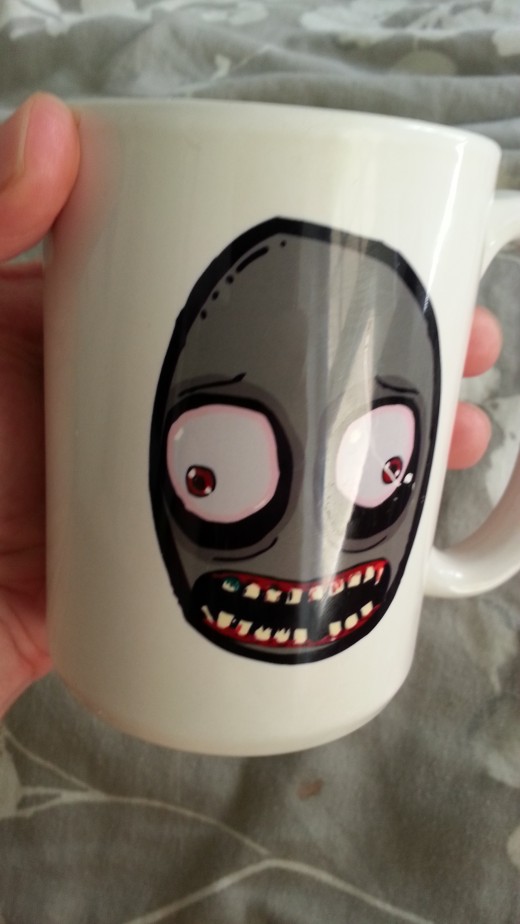
Coffee, my new best friend
I already loved coffee, so when I quit drinking, it was only natural that my caffeine consumption would rise a fair amount. When I went over to a friend's house to watch the UFC, or went out to hang out somewhere in public, I'd just bring a large cup of coffee with me. Coffee, it turns out, can be a very social drink when you need it to be one. I don't always bring coffee with me nowadays when I go out, but at first, this was crucial, because it was almost as though my hands needed something to do while I was hanging out (as opposed to pouring beer down my throat).
Over time, my day began to settle into more and more of a routine, which looked something like this:
- 10 AM: wake up. Brew coffee.
- 10-12: answer emails and do web related work
- 12-1 PM: Walk my dog, wash dishes, take trash out, or any other house-related chores
- 1-3 PM: return to emails and web related work
- 3 PM: head to Revolution BJJ to do a little pre-class work
- 4-10 PM: train, teach, live, and breathe jiu jitsu
- 10 PM: head home
- 11 PM: watch physics documentary
- 12-2 AM: wind down with reading, paper or online
This routine worked really well for a while, especially since it included more Brazilian Jiu Jitsu training than I was previously used to. When I was no longer drinking, I was able to train a fair amount more, going up from 6 or 7 classes per week on average to as many as 12 classes in a single week. When I was drinking, I never felt particularly too tired to train, because I was so accustomed to that lifestyle, but when I quit drinking (which happened to coincide roughly with the time when I got my BJJ black belt), I had more energy- and, possibly more importantly, more time to train.
The AGILE project board at Revolution BJJ
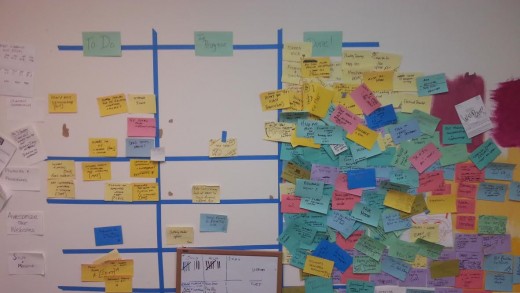
Organization
Do you use any organizational systems to help you through your week?
More energy for projects
I found that, in addition to all the extra physical energy I had to train Brazilian Jiu Jitsu (and teach, too!), I was also able to focus more energy on running both US Grappling and Revolution BJJ. To wit, I created operations manuals for both, with the help (and much pestering from me!) of our employees and my business partners. Now, all of the particular jobs in each respective business are quantified and well defined, so that if there's training needed for one of the positions (and there frequently is), we're able to plug in a new person to that particular role with relative ease, simply by looking at the procedure for the job and training them based on that.
Additionally, I was able to create an AGILE project board for the gym (pictured to the right). This meant that we assigned things based on their relative importance in improving the gym (not so much "BAU" stuff, or "Business As Usual", but projects designed to improve the way the gym ran or material on the inside). Each project would be categorized by the type of project it was (expansion/improvement, protocol/procedure, sales, etc), and each would begin in the "to do" category. Each week we would meet to discuss what we had gotten done with each individual project we were responsible for. In this manner, we were able to keep track of a ton of new projects, and (as you can see from the photo), quite a lot of projects ended up in the "done" column).
Impetus
Quitting drinking was only the impetus to get me going on all this productivity, although admittedly I do have more energy now, and I'm considerably healthier for it. Once the ball started rolling, I was able to get a great deal more done with my week, and I was able to discover even more ways to be more productive, because I was able to allot time to learning about productivity itself. This vicious cycle of the best sort really started that proverbial flywheel spinning, and it hasn't stopped since 2009. I look forward to my next six years of sobriety... and productivity.
This content is accurate and true to the best of the author’s knowledge and is not meant to substitute for formal and individualized advice from a qualified professional.
© 2014 Andrew Smith
